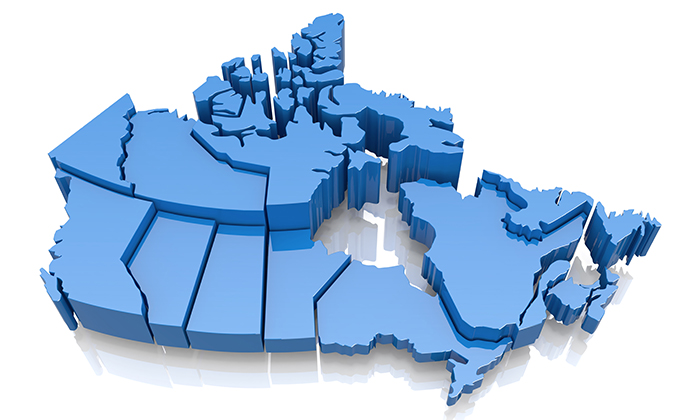Date range
1983 to 2022 (various, see CANUE data set specific documentation available on the CANUE website)
Description
The Canadian Urban Environmental Health Research Consortium (CANUE) collates and generates standard measures of environmental factors and provides these data to a wide range of health data organizations who pre-link and distribute them to the Canadian research community. Exposure metrics currently distributed by CANUE include air quality (nitrogen dioxide, sulfur dioxide, ozone, and fine particulate matter concentrations), green and blue spaces (Landsat, MODIS, and AVHRR normalized difference vegetation indices), neighbourhood factors (access to employment, material and social deprivation indices, marginalization indices, nighttime light, and active living environments), and weather and climate (weather indicators, local climate zones, and water balance).
- Annual data sets available
Please refer to the CANUE website for a detailed list of data variables available and additional documentation.
Data currently not available- Monthly data sets
- New exposure metrics distributed by CANUE will be periodically linked to Population Data BC.
- Indices for subsequent years will be added when available.
- Inclusions
- All active British Columbia postal codes.
- Exclusions
- British Columbia postal codes not active in a given year.
- Quality/accuracy of information
From CANUE website:
Disclaimer: Data are provided “as-is”. While substantial efforts are made to ensure the accuracy of data and associated documentation, complete accuracy cannot be guaranteed. CANUE makes no guarantee, either express or implied, including but not limited to, the fitness for any purpose. The Data User holds all parties involved in the production or distribution of the data harmless for damages resulting from its use or interpretation. Postal code locations can represent many nearby residential locations and so have differing accuracy with respect to assigning exposure to individuals.
- Important additional information
CANUE is a consortium funded by the Canadian Institutes of Health Research. Use of CANUE datasets is restricted to academic, research, educational, or other not-for-profit professional purposes. Data users must be affiliated with a Canadian academic institution participating in the SMART Consortium Agreement with DMTI Spatial Inc. For more information, refer to the CANUE Data Sharing and Use via Approved Third Party Agreement (available at: www.canue.ca/data). Data users must include required citations and acknowledgements in all publications. These are listed in data set-specific documentation, available on the CANUE website.
- Data changes over time
- A “Log of Changes” is available in CANUE data set-specific documentation.
- References
- CANUE Data Sharing and Use via Approved Third Party Agreement
- CANUE



